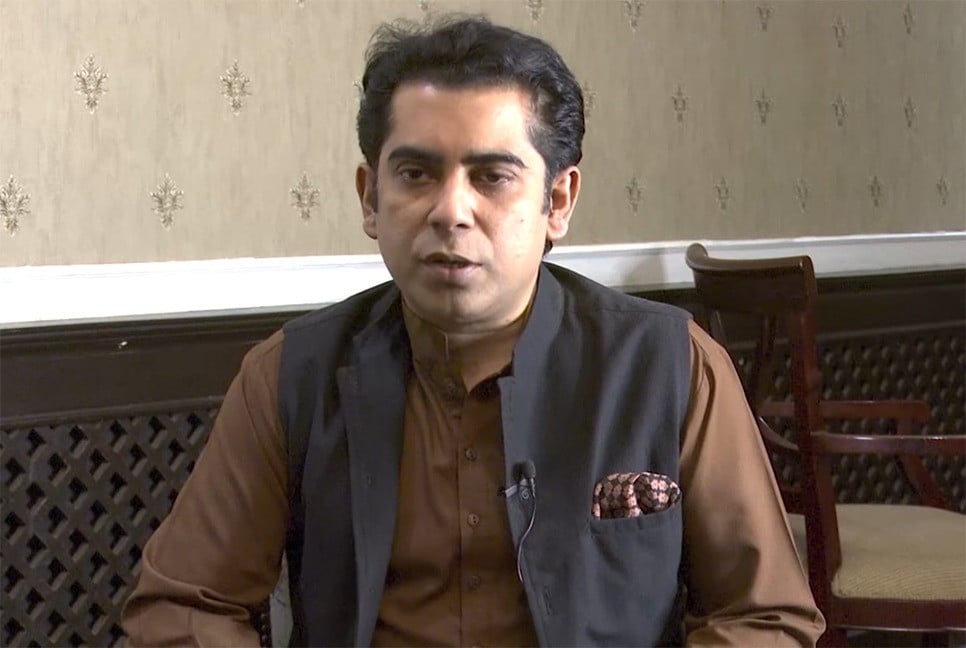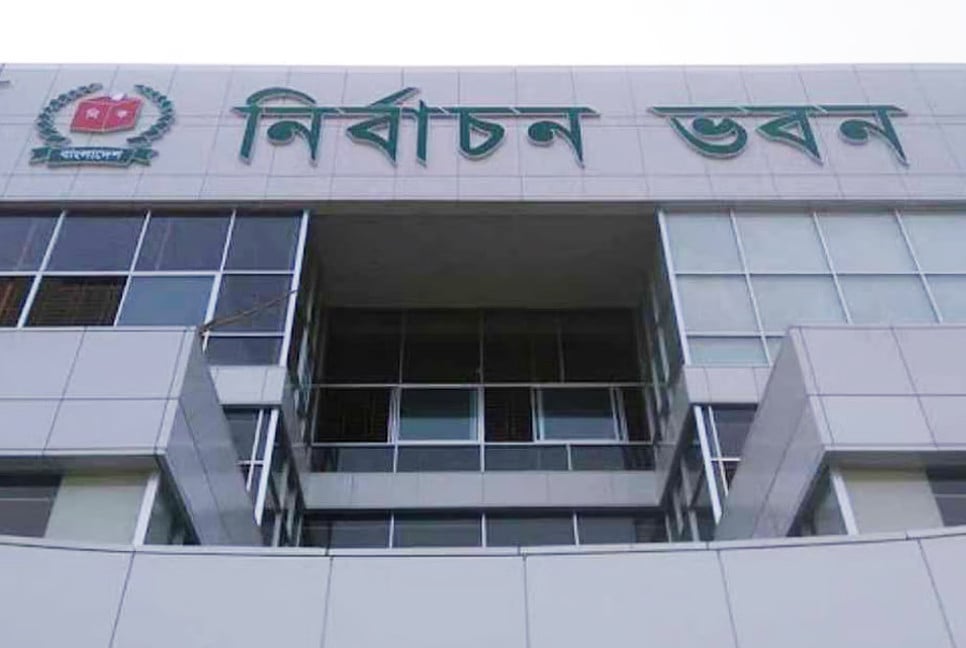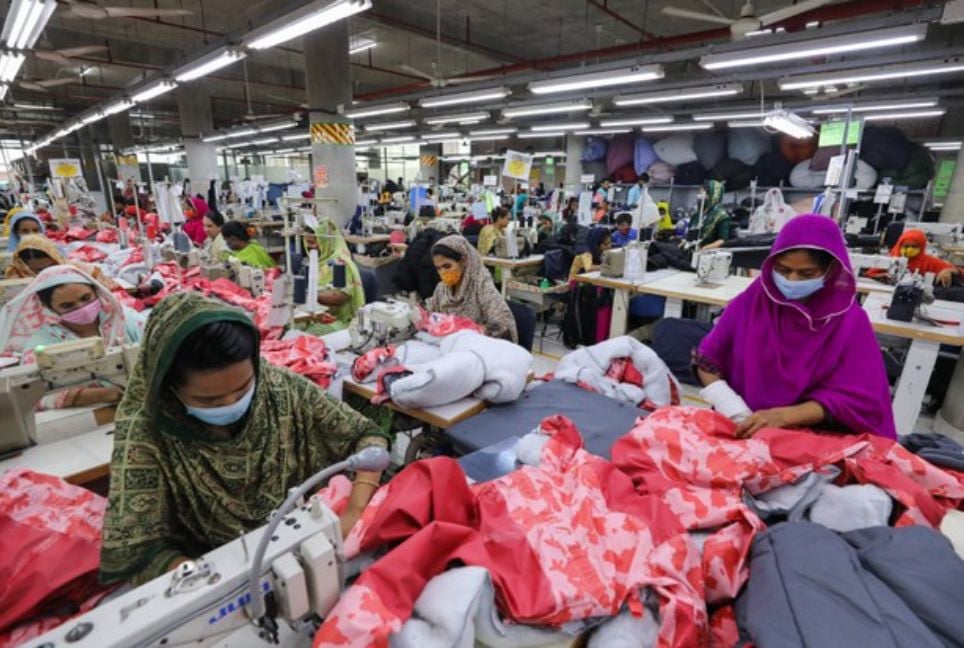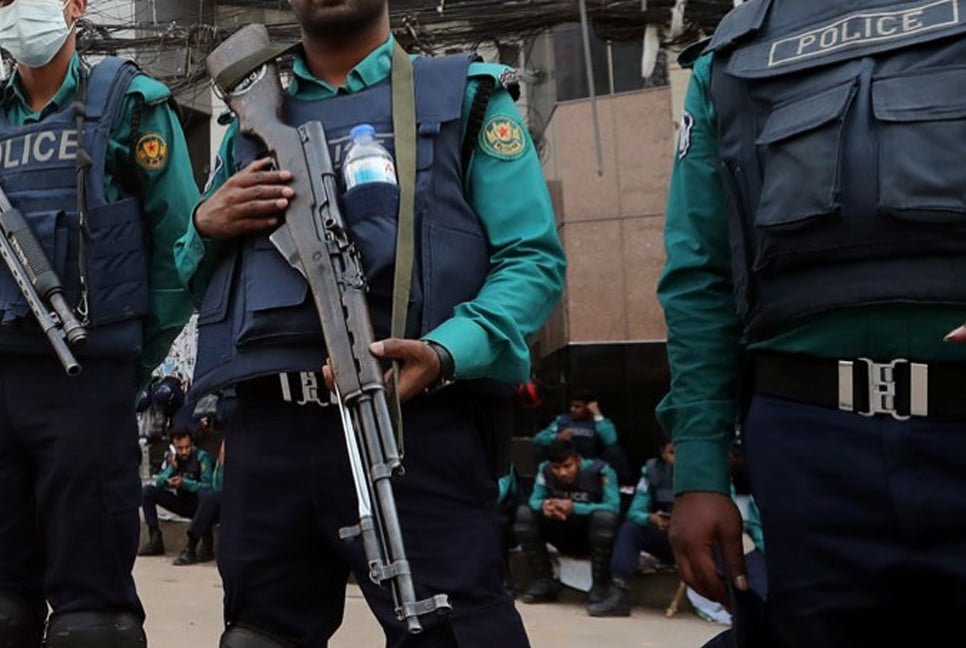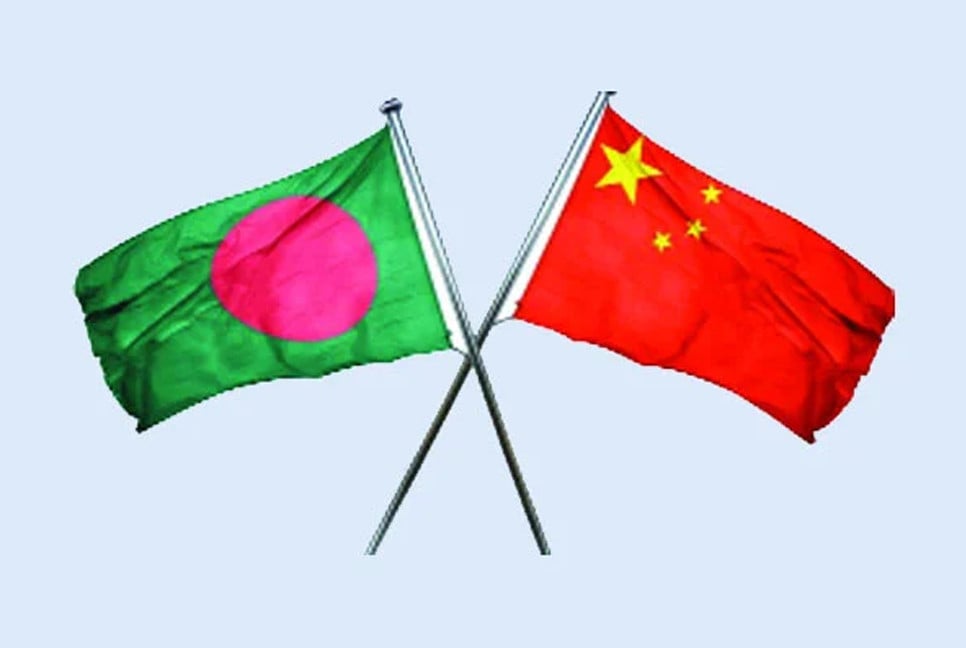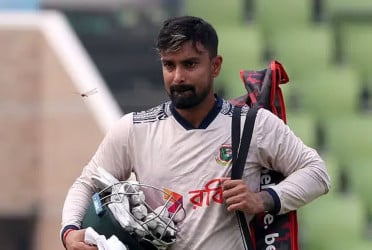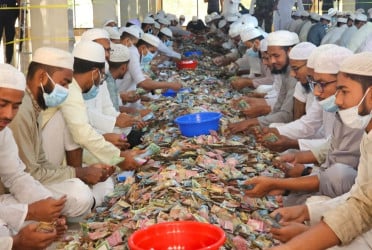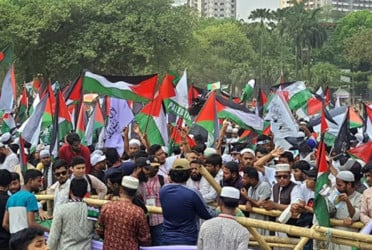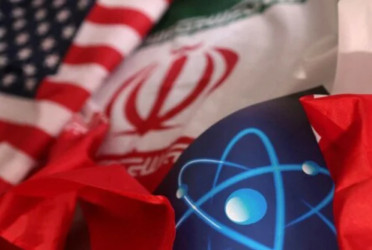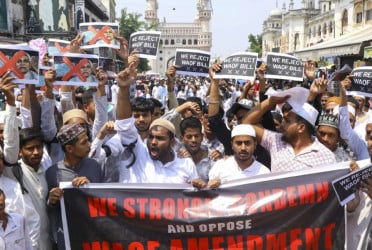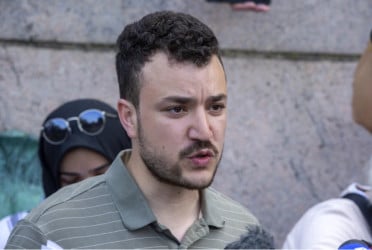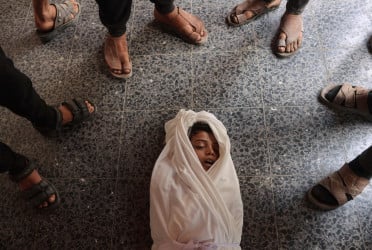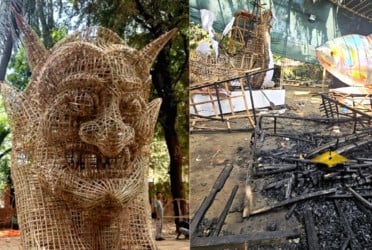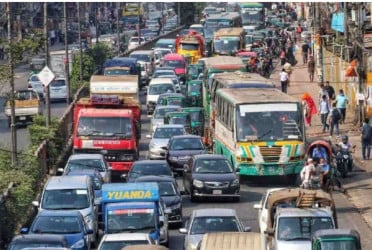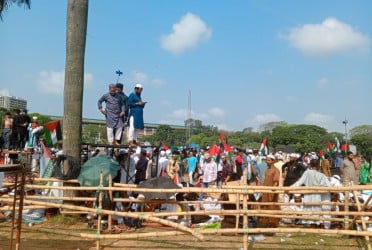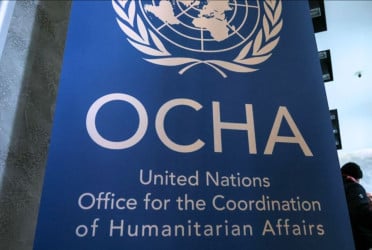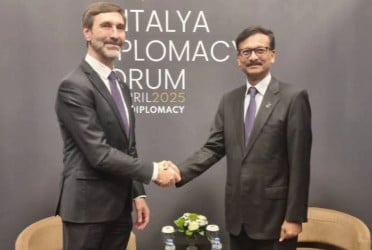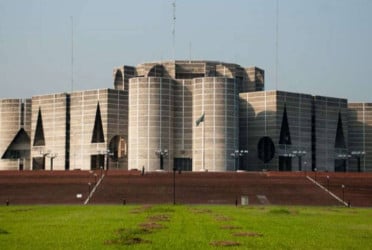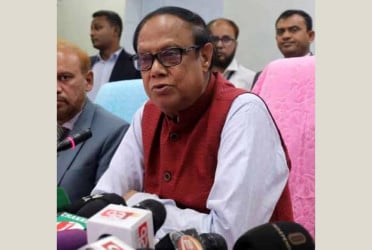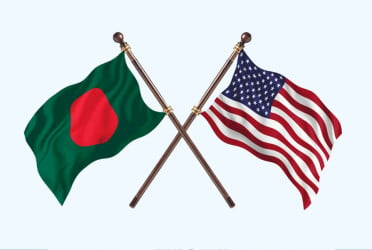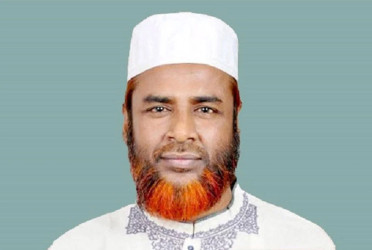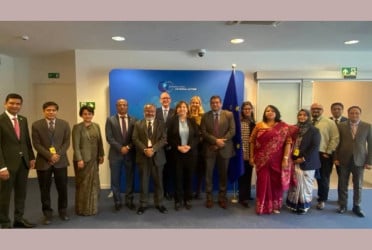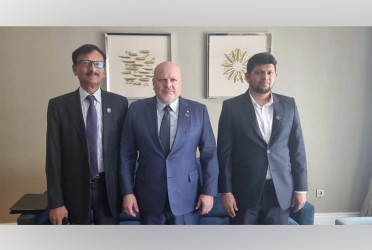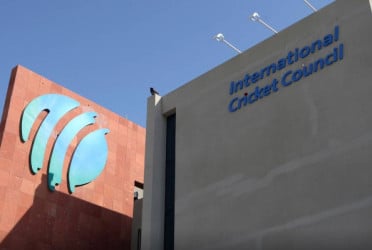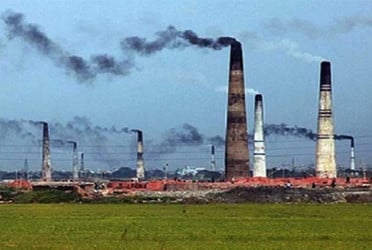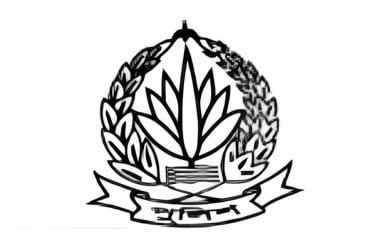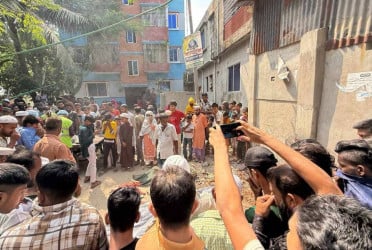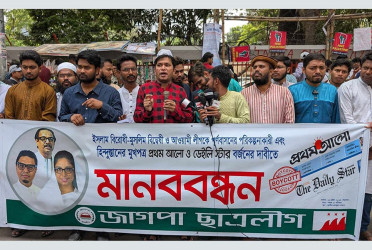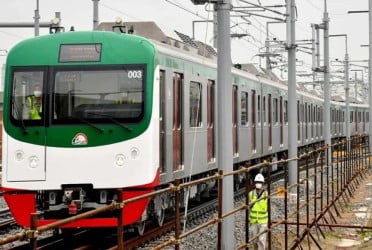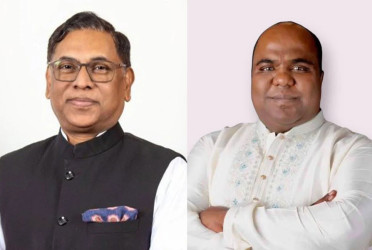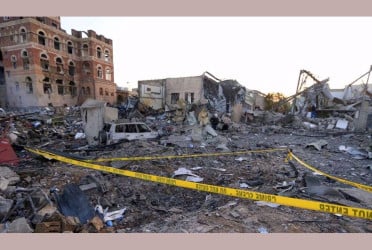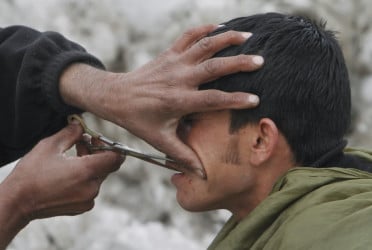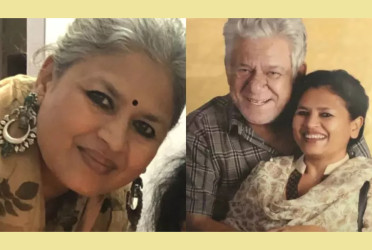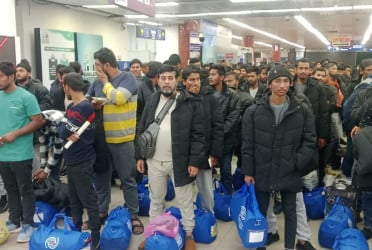Bangladesh Jatiya Party (BJP) Chairman Barrister Andaleeve Rahman Partho has said that today's youth are not as easy to control as in the past, describing them as more aware and democratic. He shared these views in an interview with Bangladesh Pratidin, conducted by Shafiul Alam Dolon.
Bangladesh Pratidin: In Bangladesh, a student-led uprising has taken place, often referred to as the "second liberation". What is your perspective on this comparison?
Andaleeve Rahman Partho: The uprising can be compared to liberation, but the significance of 1st liberation is unparalleled—it gave birth to an entire nation. I say, no achievement should be considered less important. During the struggle for independence, three million people were martyred (undocumented), and the role of the freedom fighters was extraordinary. Similarly, this time, many lives were sacrificed. This movement was a powerful expression of the people's anger, built up over 15 or 16 years. The government had grown arrogant, and I believe this ruin was a decree from Allah.
Bangladesh Pratidin: What role have political parties, including the BJP, played in advancing this movement?
Andaleeve Rahman Partho: Our student organization has played an active and significant role in this movement, though it's difficult to quantify our exact benefaction. Six of our members have tragically lost their lives in the struggle, and I personally went to jail in support of the cause. While political parties have been involved since the beginning, it would be misleading to call this merely a "15-day movement." It's more like a team effort—we scored 180 runs, while they contributed 20 in the final stretch. This student body has spearheaded a mature and impactful movement, leading to its overall success.
Bangladesh Pratidin: What is your perspective on the interim government's reform efforts? Which areas do you believe should be prioritized for reform?
Andaleeve Rahman Partho: We regard this positively and are prioritizing constitutional reform. At the same time, we are addressing issues raised by the Election Commission.
Bangladesh Pratidin: What is the current political landscape of the country? How is its economy performing?
Andaleeve Rahman Partho: The overall political stitch appears positive, primarily because this government emerged from a revolution. Morally, we stand by it and fully support its efforts. Like any administration, it may have some shortcomings, but it’s important to remember that this is not a political government—it is an interim one. We are all working together to support it so we can achieve our collective goals. Ensuring the success of this government is paramount.
The economy shows signs of stagnation, with many prominent business people and investors appearing cautious. This hesitancy may stem from the perception that an elected government bears greater responsibility and accountability, potentially dampening investment activity. On a brighter note, reports of financial misconduct, such as bank fraud, have ceased, marking a positive development.
Bangladesh Pratidin: BNP Acting Chairman Tarique Rahman stated that the upcoming national election appears a major challenge for his party. Do you view it as a challenge for your party as well?
Andaleeve Rahman Partho: This is a significant challenge for all involved. The Awami League has dissambled key institutions—the parliamentary system, the electoral process, and much more. In this context, if the BNP, as the largest political party, is to lead the nation’s patriotic and nationalist forces, it must present itself in a new way. Recently, Bangladesh has sent us a clear message. The country now has around 40 to 50 million young voters, and they cannot be approached the way previous generations were. This new generation is more democratic and engaged. Thus, the challenge ahead isn't just about elections—it's about the future of politics itself. If we fail to align our actions with the hopes and aspirations of the people, particularly the youth, and cannot engage with them on their terms, they may one day reject us entirely.
Bangladesh Pratidin: A new Election Commission has been formed. What are your expectations for its performance?
Andaleeve Rahman Partho: To conduct a successful election, it requires more than just the Election Commission; the involvement of local governments, police, and various ministries is crucial, as the Commission's capacity is limited by a lack of necessary resources. We should support and cooperate with the Election Commission during this process. After 15 or 16 years, the public is eager to vote again. If we all work together with the Election Commission, it will be able to organize a fair and smooth election, Insha Allah.
Bangladesh Pratidin: Although the government's Law Advisor recently refrained from providing a specific election roadmap, they stated that national parliamentary elections could take place next year. What are your thoughts on this?
Andaleeve Rahman Partho: The government should update the voter list before holding elections, but the current status of this list is unclear. Elections could be held by the end of next year or early 2026, depending on the situation. In the meantime, the government is discussing reforms with political parties, and we have submitted our proposals. If the government provides a clear roadmap for the reform process, it may offer a better understanding of when the elections can be scheduled.
Bangladesh Pratidin: BNP has announced plans to form a national government after the elections. Do you accede with this statement?
Andaleeve Rahman Partho: After 16 years in power, the need for a national government is crucial, given the current state the Awami League has left us in. The primary goal of this national government is to explore how we can collectively build a better nation, or at the very least, begin the process. Therefore, I believe the BNP's proposal for a national government is both crucial and positive, and it is one that everyone should support.
Bangladesh Pratidin: There are calls to disqualify the Awami League from the elections. Should the party be banned due to allegations of genocide, or should it be permitted to continue participating in politics?
Andaleeve Rahman Partho: I believe the future of any political party is not set on by the stroke of a pen, but by the will of the people. However, if a party like the Awami League—or any political party—abandons its core principles and becomes a violent force simply to maintain power, it is time to reflect. If a party deviates from its political ideology, resorts to violence against the people without engaging with them, and either condones or legitimizes such actions within the party or nationally, then it’s crucial to reconsider their place in politics. In such cases, the constitution should include provisions to ban any party that abandons its democratic values and resorts to fury.
Bangladesh Pratidin: Should the Awami League be held accountable? If so, what is the exact way?
Andaleeve Rahman Partho: The Awami League must be held accountable for the massacre. If the party officially inscribed these atrocities, it should face collective responsibility. If individuals within the party committed these acts to maintain power, they must be prosecuted personally. In any case, a trial is essential to ensure justice and prevent such crimes from happening again in the future.
Bangladesh Pratidin: The Bangladesh Chhatra League has been banned. What is your perspective on this decision?
Andaleeve Rahman Partho: I view it very positively. The Chhatra League was not involved in politics; instead, they engaged in various criminal activities, including murder, rape, abductions, extortion, and money laundering.
Bangladesh Pratidin: Should local government elections take place before national elections?
Andaleeve Rahman Partho: I strongly hold local elections up. Given that this government is not politically formed and both the government and the Election Commission are new, initiating the local election process would provide valuable insight into their capabilities and highlight any challenges they may encounter.
Bangladesh Pratidin: In the current backdrop, there is a growing call for a constitutional amendment. What key issues should be addressed in this proposed change?
Andaleeve Rahman Partho: The constitution should be amended by a government that truly counts the people. However, as this government is revolutionary in nature, we morally support any changes it makes. That said, significant issues such as balancing the powers of the President and the Prime Minister, including the name of the Holy Prophet (PBUH) in Article 2, and clearly defining the roles of Members of Parliament should be addressed. Additionally, the constitution could include provisions for representatives of various professions—such as journalists, engineers, doctors, expatriates, and garment workers—who would represent their respective sectors. Addressing the drug problem is another critical issue that could be dignified in the constitution.
Bangladesh Pratidin: What are your opinion on the political strategies of Islamic parties, particularly Jamaat-e-Islami?
Andaleeve Rahman Partho: In particular, Jamaat-e-Islami is not an Islamic political party; it is a political party engaging in its own agenda. The label of "war criminal" stems from its role in the 1971 Liberation War, a designation that remains unchanged. The Amir of Jamaat has stated that if their involvement in 1971 is proven definitively, they would seek the nation’s forgiveness. This admission alone shows that Jamaat opposed independence. It’s well-known worldwide that Jamaat took a stand against the country’s liberation. While some aspects of their role in 1971 may still be debated, certain truths are clear and ingrained in the public’s memory. The people know who was involved and when.
As for the alleged July-August massacre, if it cannot be proven, does that make the Awami League innocent? The trial of any crime hinges on evidence, but this is not a case of simple theft. Everyone in Bangladesh, from the streets to the skies, knows what happened during the Liberation War and what role the Awami League played. Not everything can be proven with evidence—politics is shaped by perception, not just paper.
Bangladesh Pratidin: Rumors suggest that leaders of the anti-discrimination student movement are considering the formation of a new political party. What are your thoughts on this?
Andaleeve Rahman Partho: Certainly, I welcome their initiative. If they believe in forming a political party to represent the people, and understand that bringing down a government is not the same as governing, I fully support that vision. Should they seek to build new political parties with talented individuals who share this understanding, I will always appreciate their efforts. Additionally, if they request our cooperation based on our experience, we are more than willing to assist—provided they stand with the people.
Bangladesh Pratidin: Jamaat advocates for national elections based on the proportional representation system. Do you agree or disagree with this approach?
Andaleeve Rahman Partho: Such a decision should be made by the elected political governor, as it is a significant matter that warrants extensive discussion. However, that can take place at a later time. For now, it is best to return ownership to the people.
Bangladesh Pratidin: Cases are being filed against traders in various regions of the country. What is your perspective on this?
Andaleeve Rahman Partho: This is a clear act of harassment. If someone is not politically involved, they should not be subjected to such treatment. No one should face legal action based on personal vendettas or ulterior motives. We have also raised this concern in discussions with the Chief Advisor to ensure that unnecessary cases are not filed.
Bangladesh Pratidin: What are your key expectations for the interim government?
Andaleeve Rahman Partho: Our primary goal is to swiftly restore power to the people through electoral reforms. We aim to prosecute those responsible for the genocide and, if returning the looted funds isn’t possible immediately, at least begin the process so the next government can recover them.
Bangladesh Pratidin: Has the interim government's performance over the past three and a half months been satisfactory?
Andaleeve Rahman Partho: The time to assess success or failure has not yet arrived. I will make my sum at the end of the government's term. However, I will say this: the government has made a positive start. I am supporting and cooperating with it. While it may not meet all our expectations, it is making an effort and will address the remaining issues.
Bangladesh Pratidin: What essence do you have for the interim government and the people?
Andaleeve Rahman Partho: The call to the government is clear: understand the people's needs, ensure their safety and property, maintain law and order, and regulate the market to keep prices within the public's purchasing power. At the same time, the message to the people is: avoid making decisions driven by emotion. While emotions are natural, act with conscience. Choose qualified candidates and elect representatives who truly serve your interests.
Bangladesh Pratidin: Thank you, Barrister Andaleeve Rahman Partho, for taking the time to speak with Bangladesh Pratidin.
Andaleeve Rahman Partho: It's my pleasure, thank you.
Translated by Jisan Al Jubair
Bd-pratidin English

